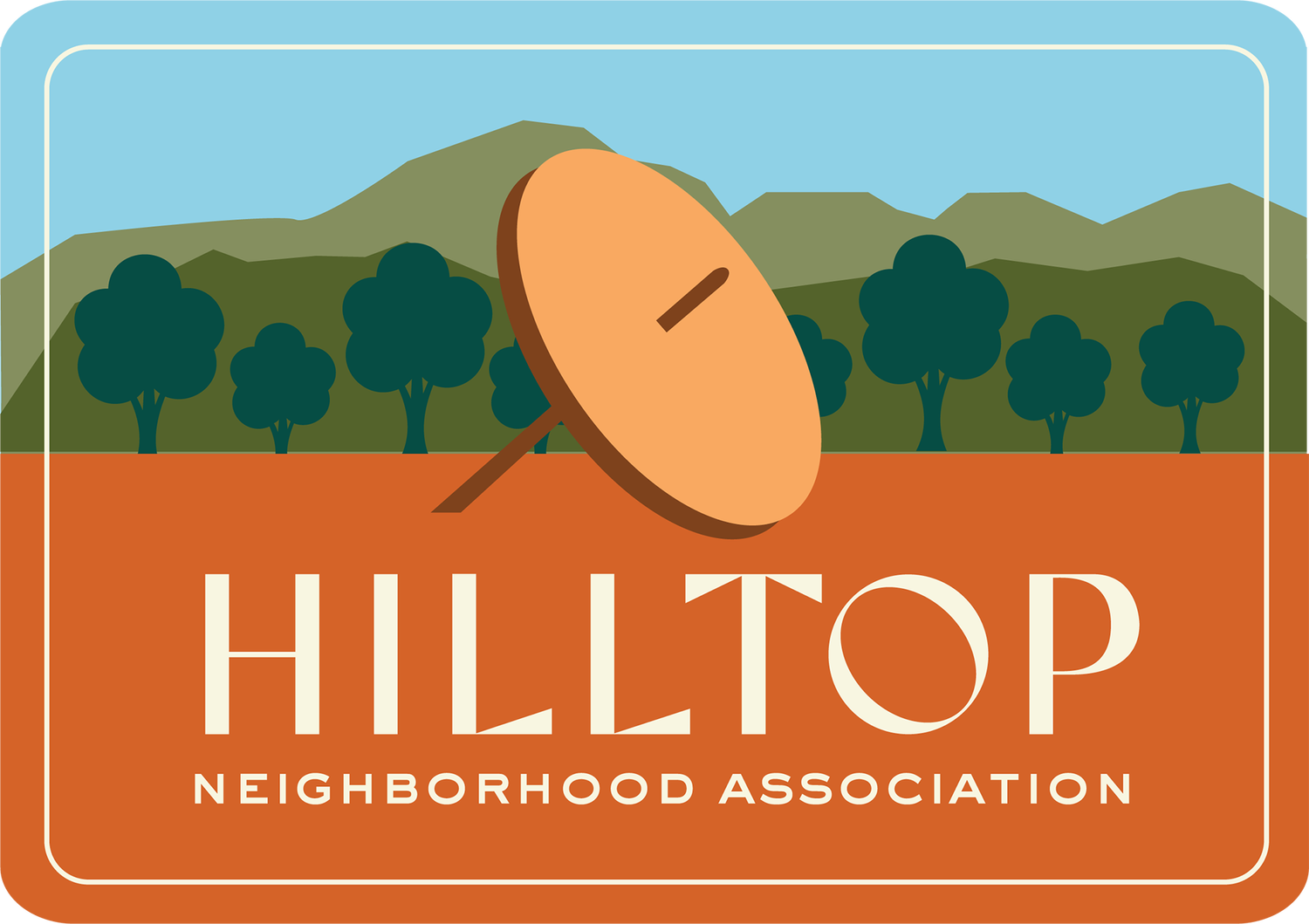
Frequently Asked Questions
⌂ » Resources » F.A.Q.Here we have compiled a quick list of answers to some of the most frequently asked questions that we get asked about a variety of topics.
-
Registered Neighborhood Organizations (RNOs) and Homeowners Associations (HOAs) are important and helpful organizations that assist the City & County by publicizing important news to their membership, reviewing land use issues and providing feedback and generally weighing in on matters facing their neighborhoods.
RNOs, like the Cranmer Park/Hilltop Civic Association, are groups formed by residents and property owners within a specific geographic area or neighborhood who meet regularly, may or may not charge membership fees, and whose organizational and contact information is kept on file with the City’s Community Planning and Development Department.
From time to time, our Association has been asked why we cannot provide the services of a private patrol as our adjacent neighborhood, Crestmoor Park, provides its residents. Our response continues to be: our RNO is a voluntary membership organization, we do not have the ability (budget, authority or manpower) nor the will, to tax or assess our residents to pay for a private patrol (and the liability insurance, accounting and management costs). Further, comparisons of crime stats of our two neighborhoods do not demonstrate the effectiveness of a private patrol according to the District 3 DPD.
HOAs, by contrast, are often smaller and private, paid membership organizations that are mandatory with home ownership in certain housing developments. Generally any person who buys a residence within an HOA must become a member, and therefore must obey the governing documents of the HOA. These governing documents may include:The covenants, conditions, and restrictions (CC&Rs) of the development or townhome. These are likely the most important documents affecting the development and are usually created when it is initially formed, and are often recorded in the official property records. Commonly the CC&Rs specify what types of uses or structures may be placed on a lot (e.g. an HOA may prohibit mobile homes or travel trailers and require minimum sizes on dwellings, along with set backs from the property line where building is prohibited).
The HOA’s Articles of Incorporation and Bylaws.
In some cases the documents may include board-enacted rules as authorized (expressly or implicitly) by the CC&Rs.
Benefits to homeowners may include maintenance and management services, provision of recreational amenities and/or security services, insurance coverage, and enforcement of community appearance standards which may enhance property values.
Disadvantages may include the financial burden of association fees, punitive fines, and costs of maintaining appearance standards; restrictions on property use and personal autonomy; and the potential for board mismanagement such as zealous enforcement of rules.
Regarding enforcing community appearance standards: Some neighborhoods with HOAs, Crestmoor and Lowry for example, have Design Review requirements and a design review committee to which building plans are submitted for approval. Our Hilltop neighborhood has a voluntary association of residents, an independent streak and a history of a welcoming a variety of house styles over the span of its growth from the Italianate mansions and brick Tudors of the 1920s and 30s to split-level and ranch homes of the 1940s and 50s and everything in between. The Cranmer Park/Hilltop Civic Association does not have a design review policy or function and my gut feeling is that a proposal to create one would be resoundly rejected by the neighborhood.
Finally, an HOA may also register with the city as an RNO if it meets the minimum membership (12 members) — as long as it is active, led by local residents and working within the intent of the ordinance to facilitate communication between the city and its members. Residents of most HOAs are already represented by at least one registered neighborhood organization.
To register with the city, neighborhood organizations must meet a set of eligibility requirements laid out in the Denver Revised Municipal Code, Chapter 12, Article III. RNOs receive notification of proposed zoning amendments, landmark designation applications, planning board and board of adjustment hearings, liquor and cabaret licenses and other activities occurring in the neighborhood as stipulated in the ordinance.
